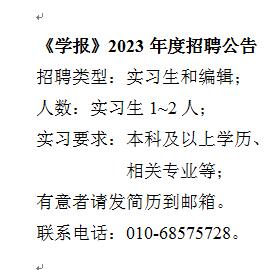In the South China Sea arbitration case, Philippines attempts to use “exclusive economic zone” in the United Nations Convention on the Law of the Sea to deny Chinas claim of historic rights in “Ninedash Line” of the South China Sea, which no doubt is a violation of Chinas territorial authority and its sovereignty. This is essentially posing challenge to the international law system after World War II by using the marine law system established in 1982, to achieve the purpose of redistribution of marine resources in the South China Sea. If reallocation of marine regional resources are carried out in this manner and “a new order of the ocean” established on this basis, then not only in the South China Sea, but the whole world will be reshuffled. The result is likely to lead to regional conflicts and even new world war.
